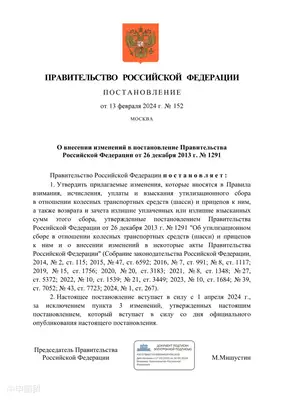- Shanghai Zhongshen International Trade Co., Ltd. - Two decades of trade agency expertise.
- Service Hotline: 139 1787 2118
The Russian government recently announced that, starting from April 1, 2024, it will implement more stringent import regulations on cars imported from countries of the Eurasian Economic Union (EAEU), including tariff adjustments and market certification requirements. This policy change is expected to have a significant impact on the car transshipment business of EAEU member states such as Kyrgyzstan and may reshape the existing pattern of Chinese car exports to Russia.

Due to the shortage of car supply in the Russian market, many Russian consumers turn to EAEU member states such as Kyrgyzstan to buy cars to avoid high taxes. This trend has given rise to a booming car transshipment business. Especially in Kyrgyzstan, the volume of car imports has increased sharply since 2021, from 13,000 to 184,789 in 2023.
However, the new Russian policy requires all cars imported from EAEU member states to Russia to make up for the originally saved tariffs, value - added tax, consumption tax, etc. This will directly affect the cost - effectiveness of the transshipment business. This move means that the way of evading taxes by under - reporting prices will no longer exist, and it is expected to cause a significant increase in the import cost of some cars.
For Chinese car manufacturers, the new Russian policy may cause short - term market turmoil and increased competition. However, in the long run, it will help prompt manufacturers to improve product quality and services to meet more stringent market requirements. Chinese car brands that are familiar with Russian certification regulations and have an in - depth layout in the Russian market, such as Chery, Geely, and Changan, are expected to expand their market share in Russia with the new policy.
In addition, the impact of the new policy on car import traders should not be underestimated. It is expected that many individuals and small businesses will withdraw from the market due to their inability to bear the additional costs, while more legal entities will gradually become the market leaders. This may prompt traders to establish closer cooperative relationships with supply chain service providers and Russian companies with strong sales capabilities.
As for the Russian domestic car market, although the supply of low - priced models may be affected by the new policy, experts believe that the fundamental impact on the overall car market is limited. Nevertheless, the reduction in supply may lead to price increases for some models, affecting the market price and competitive landscape.
All in all, Russias strengthening of car import regulations indicates that there will be new challenges and opportunities for car trade within the EAEU and Chinese car exports to Russia. Manufacturers and traders need to closely monitor policy changes and adjust their strategies to adapt to the new market environment.
Related Recommendations
? 2025. All Rights Reserved. 滬ICP備2023007705號-2  PSB Record: Shanghai No.31011502009912
PSB Record: Shanghai No.31011502009912









